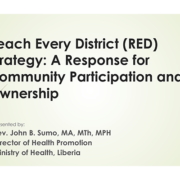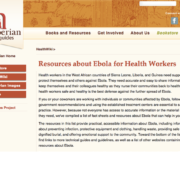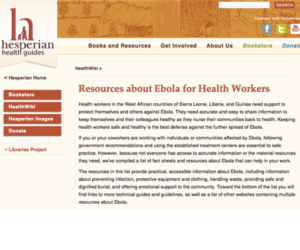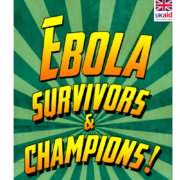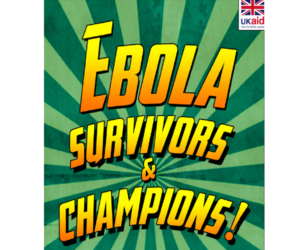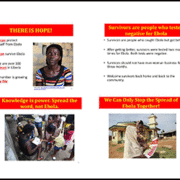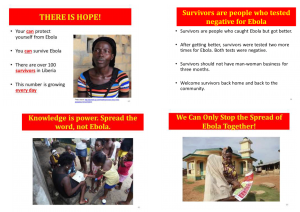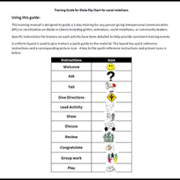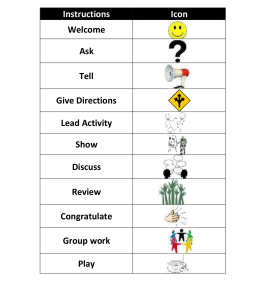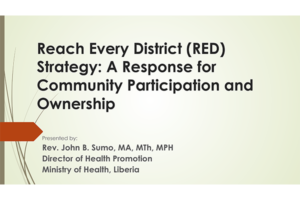
Click the image to view the strategy.
The RED strategy was a wakeup call to community leaders and members to accept the reality that we had a problem on hand and the only solution in addressing this deadly disease was to make “Ebola everyone’s business”. Through empowerment, communities took ownership of the EVD response in their various areas to stop the transmission of the virus. Communities transmitted the correct messages in their local dialects and conducted active case search, reported sick or suspected cases, supported quarantined communities with food, water, and other basic needs until the MOH and partners could respond. It also drew the attention of the public that no matter what the situation may be the involvement of everyone in the EVD response paid off.
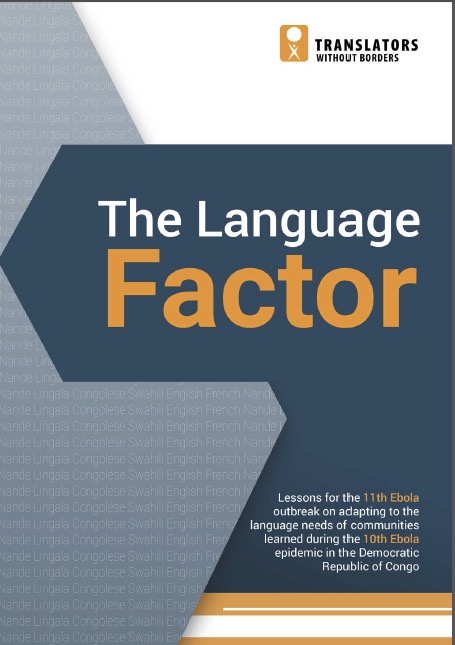 This resource provides lessons from previous Ebola outbreaks in the DRC on adapting to the language needs of communities and centers language as a key trust builder between communities and public health experts.
This resource provides lessons from previous Ebola outbreaks in the DRC on adapting to the language needs of communities and centers language as a key trust builder between communities and public health experts.
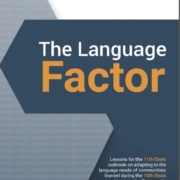
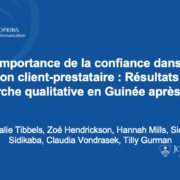
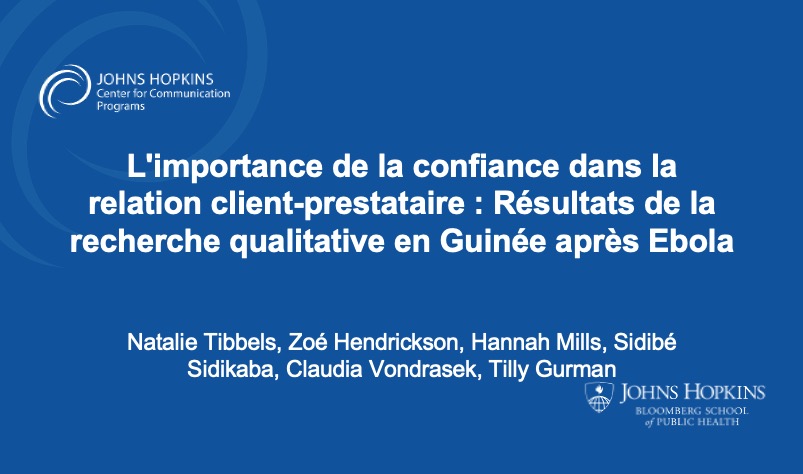 Preliminary results from research in post-Ebola Guinea focusing on patient-provider trust. The objective of this research is to identify how men and women in Guinea described their interactions with health providers in health facilities and the factors that contributed to trust, or lack of trust, in these facilities.
Preliminary results from research in post-Ebola Guinea focusing on patient-provider trust. The objective of this research is to identify how men and women in Guinea described their interactions with health providers in health facilities and the factors that contributed to trust, or lack of trust, in these facilities.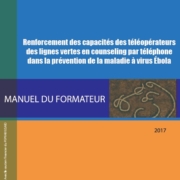
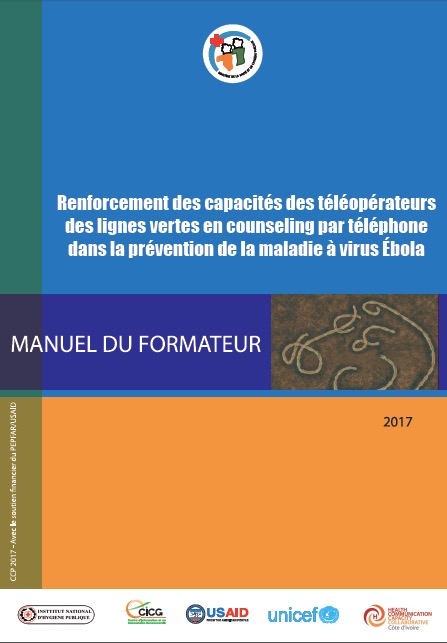 The purpose of this facilitators guide is to build the capacity of hotline operators on EVD and was developed with support of CCP HC3 Cote d’Ivoire.
The purpose of this facilitators guide is to build the capacity of hotline operators on EVD and was developed with support of CCP HC3 Cote d’Ivoire.